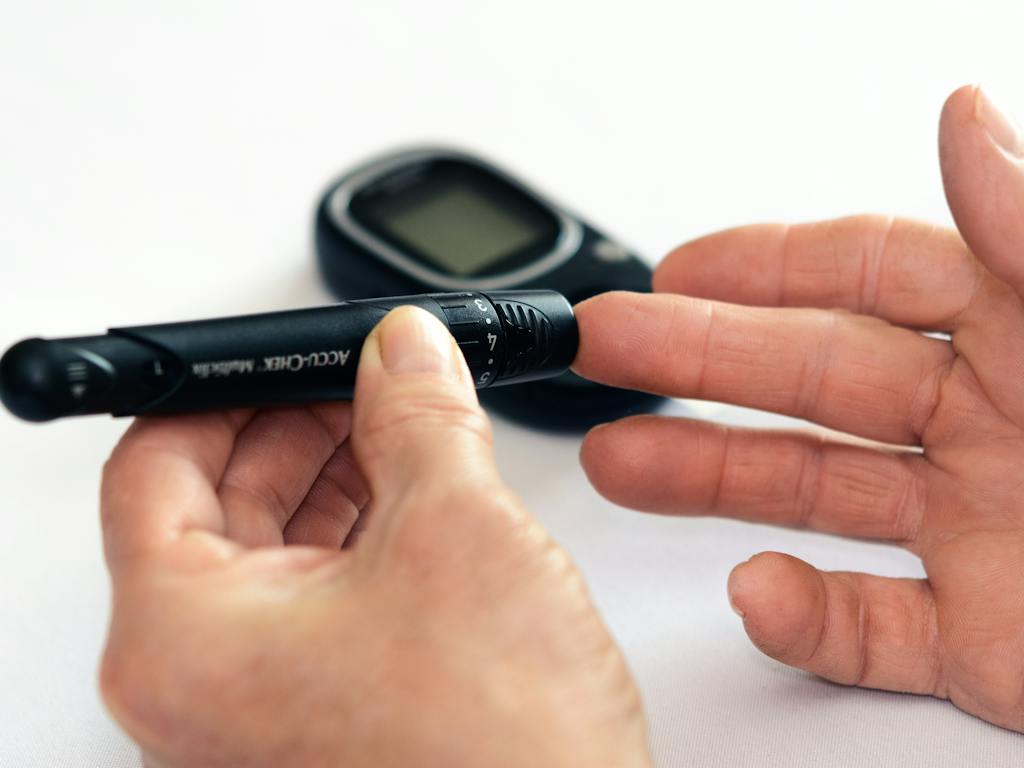Diabetes is a significant health concern affecting people globally. It’s essential to grasp the fundamentals of this condition, including its types, root causes, and the various treatment options available. With diabetes on the rise, understanding these aspects becomes crucial for effective management and prevention. This article explores diabetes, highlighting its different forms, causes, and evolving methods for treatment.
Types of Diabetes
There are two main types of diabetes. Type 1 diabetes is an autoimmune condition in which the immune system attacks and destroys the insulin-producing cells in the pancreas. In contrast, Type 2 diabetes occurs when the body either becomes resistant to insulin or doesn’t produce enough to regulate blood sugar levels. This type of diabetes is more commonly found in adults.
Causes of Diabetes
Genetics, lifestyle factors, and environmental influences contribute to the development of diabetes. Individuals with a family history of diabetes are at a higher risk. Poor dietary choices, insufficient physical activity, and obesity elevate the risk of developing Type 2 diabetes.
Symptoms and Diagnosis
Common signs of diabetes include frequent urination, increased thirst, unexplained weight loss, and fatigue. Diagnosing diabetes involves blood tests measuring glucose levels. Some cases require additional tests, such as the A1c test, which provides an average blood sugar level over the past few months.
Complications
Without proper management, diabetes may result in serious complications, including heart disease, stroke, kidney failure, and nerve damage. Managing blood sugar levels through proper treatment and lifestyle changes is crucial to prevent these complications.
Treatment for Type 1 Diabetes
People diagnosed with Type 1 diabetes need insulin therapy since their bodies cannot produce insulin. This insulin is administered through injections or an insulin pump. Continuous monitoring and adjustments in insulin dosage are essential for maintaining optimal blood sugar levels.
Treatment for Type 2 Diabetes
Controlling Type 2 diabetes involves lifestyle adjustments, like adopting a healthy diet and exercising regularly. Doctors may prescribe oral antidiabetic drugs or insulin injections if lifestyle changes are insufficient to manage blood sugar levels.
Advances in Diabetes Management
Technological advancements, such as continuous glucose monitoring devices and insulin pumps, have revolutionized diabetes management. These tools provide real-time data for more precise and personalized treatment strategies.
Diabetes is a complex condition with diverse causes and varying treatment approaches. Education and awareness about the different types of diabetes, risk factors, and available treatments are crucial for people to make informed decisions about their health. By adopting a holistic approach that combines medical intervention with lifestyle modifications, individuals can effectively manage diabetes and lead healthier lives.

